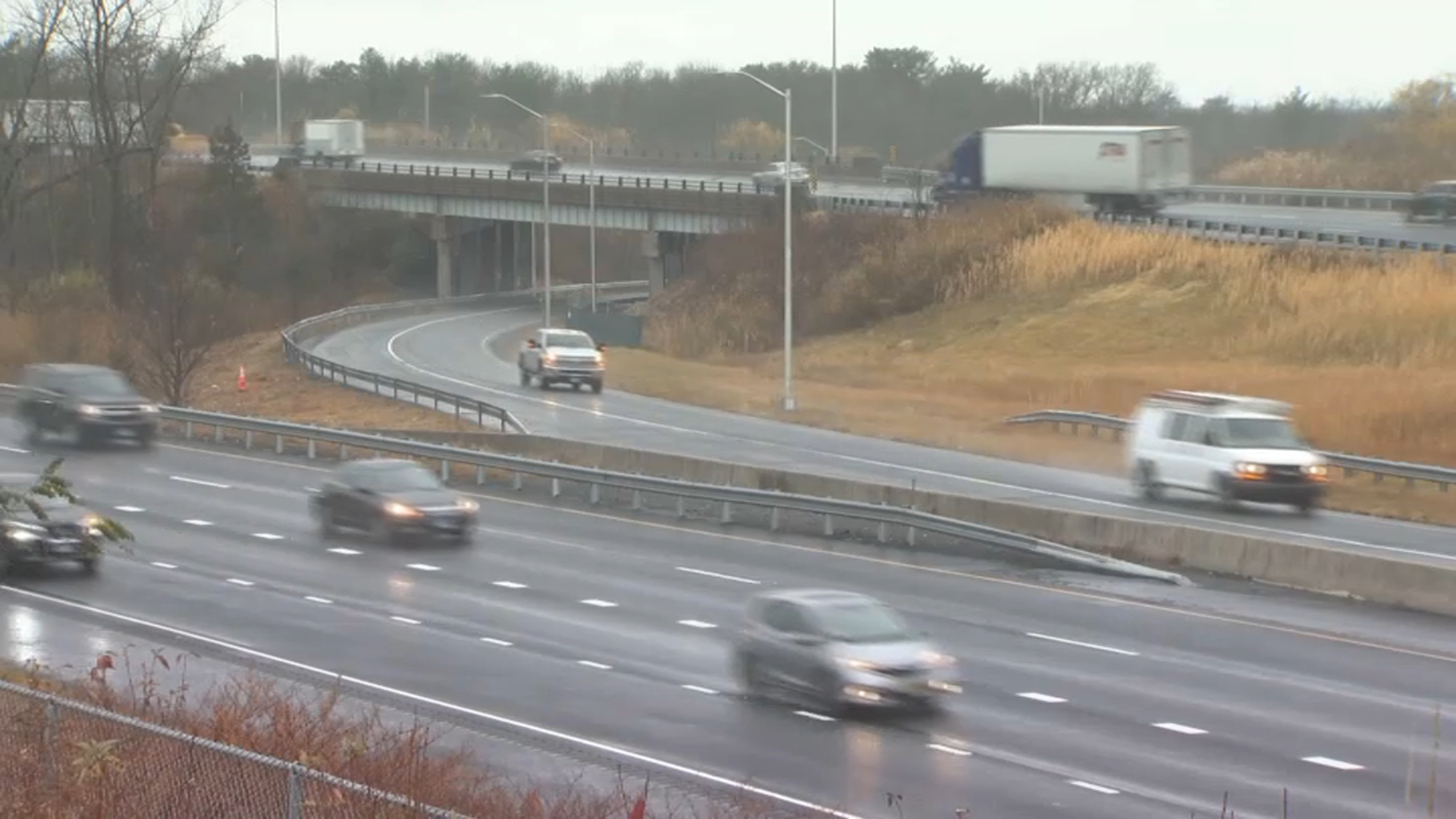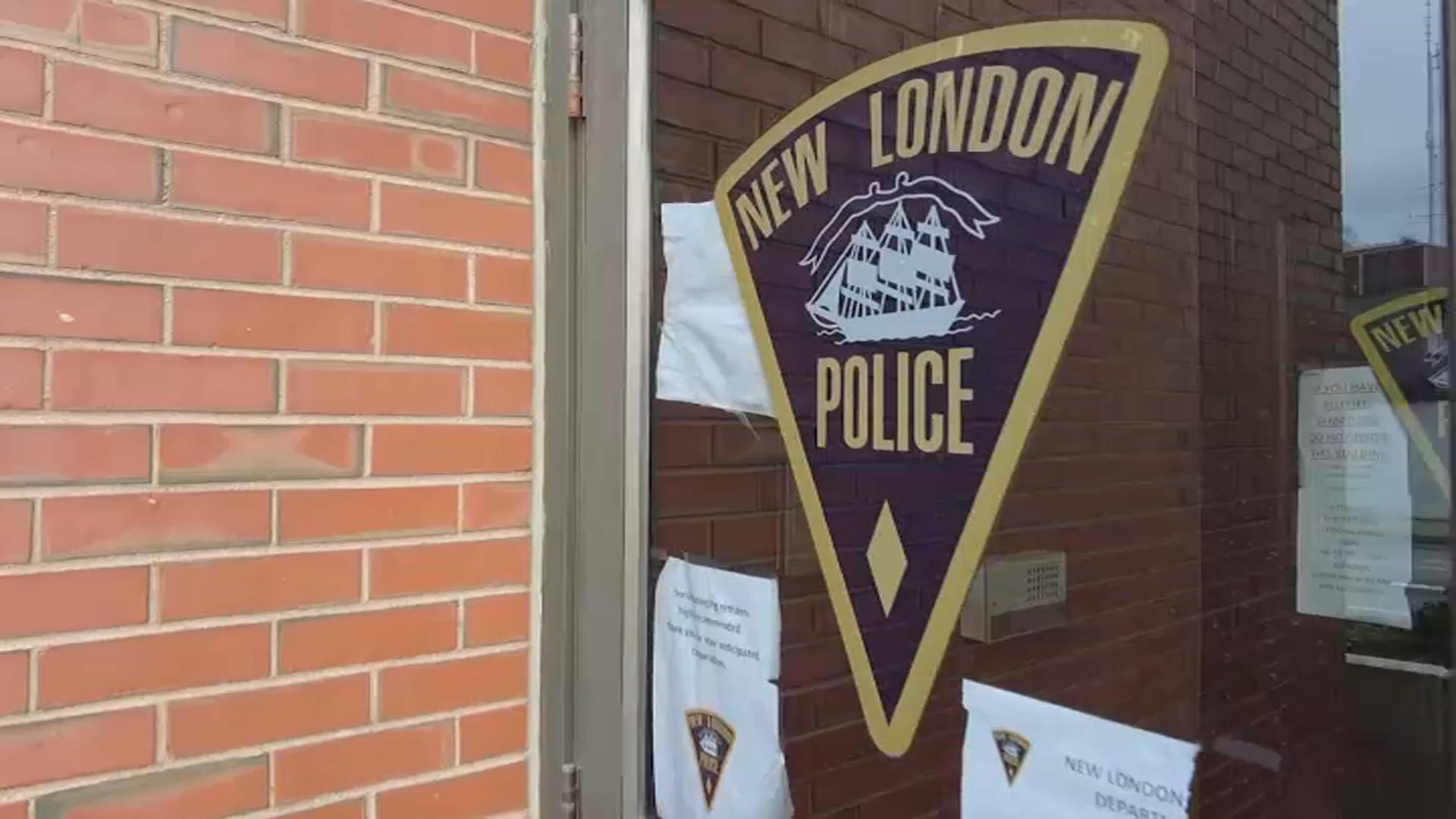“We are people, we are not a virus. We are your neighbors, classmates, teachers, students,” said Christine Kim of New Haven at a community rally Thursday.
A group of community, faith and city leaders gathered at Pho Ketkeo along with state Attorney General William Tong to stand against the hate experienced by Asian American and Pacific Islanders.
Officials say the owner, Ketkeo Rajachack was attacked twice last year. She spoke through an interpreter.
“She said it’s been scary and nerve-wracking not knowing if it would happen again. We really don’t want to draw too much attention; we just want to serve the community the best we can,”
Get top local stories in Connecticut delivered to you every morning. Sign up for NBC Connecticut's News Headlines newsletter.
She said her restaurant is a way to unite communities and cultures in New Haven.
“She opened this restaurant to bridge our communities, to stop the indifferences you see between us and that we’re not really so different,” she said through the interpreter. “That’s why she opened the restaurant. To welcome you to our culture, to try our food, to recognize her as a citizen of America.”
The event was held in light of the rise in attacks on Asian Americans round the country. Several made reference to the recent events in Atlanta.
Local
“We stand in solidarity against the hate we just saw the manifestation of, but which has long laid dormant but has really sort of emerged as we’ve been told before in sort of heinous ways in this past year,” said Imam Bajwa, director of Muslim life at Yale.
Tong says Asian Americans are largely left out of discussion on race and hate.
“As an Asian American woman, she’s largely invisible. And as Asian Americans we are largely invisible in the national conversation about race and racism, and hate and discrimination,” said Tong. “And it takes a 150% increase in hate crimes and biased related incidents against Asian Americans to finally have this conversation.”
Thursday, Asian Americans discussed their experience with micro-aggressions, the hard-to-detect insults that can be unintentional.
How to Help
“For many Asians and Asian Americans, people will say things like where are you really from? And I am from California. But really, where are you from? or you speak really good English. Well that’s my mother language,” said Shuei Kozu, a professor at Southern Connecticut State University.
Those feelings echoed by Chirstine Kim of New Haven.
“I was afraid. I was afraid of being vulnerable and being called names. And bullied. Treated differently. Deemed exotic or foreign,” said Kim.
Kenneth E. Gray Jr. of the University of New Haven is a former FBI agent and says hate crimes are one of the primary concerns for investigations but may be hard to determine because people are often afraid of coming forward, and the cases tend to also go unreported.
“Some of these things you can’t really drill down on, but nonetheless the numbers do look like there has been this dramatic increase,” said Gray.
Tong is urging people to come together against it.
“Beyond more robust hate crimes enforcement, beyond more training, beyond more things that we as officials can do, the best thing we can do is stand with each other.”
And Kim says she’s ready to organize Asian Americans and Pacific Islanders in New Haven to be more involved in the community and more vocal.
“No longer, I will not stay silent and I will not be afraid.”



